COPD is the name used to describe several lung conditions that cause breathing difficulties, including emphysema - damage to the air sacs in the lungs, and chronic bronchitis - a long-term inflammation of the airways.
COPD cause airways to become narrower, which makes it harder to breathe in and out and often affect daily activities. Everyone’s experience of COPD will differ dependent on the current state of their condition and the symptoms can gradually get worse throughout life.
The content on this page is provided solely for information purposes and provides an overview of the subject matter covered. - it has been kindly reviewed by Asthma + Lung UK - November, 2022. It is not a substitute for professional medical advice, diagnosis or treatment. If you think you have COPD, please seek further information. The information on this page is subject to change without notice.
COPD is an invisible disability
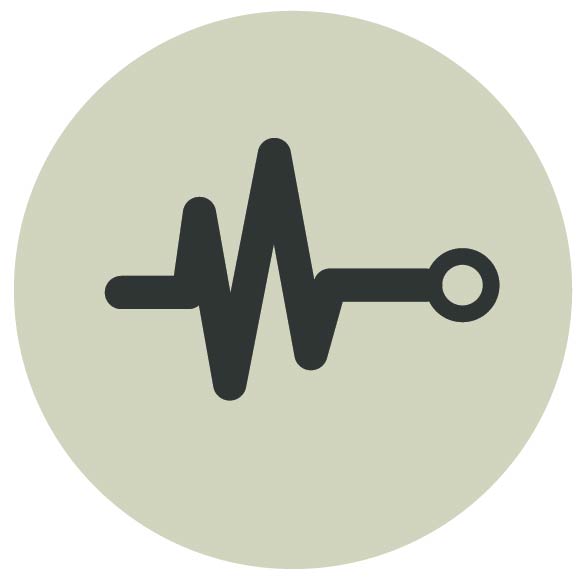 1.2 million people are estimated to have COPD in the UK
1.2 million people are estimated to have COPD in the UK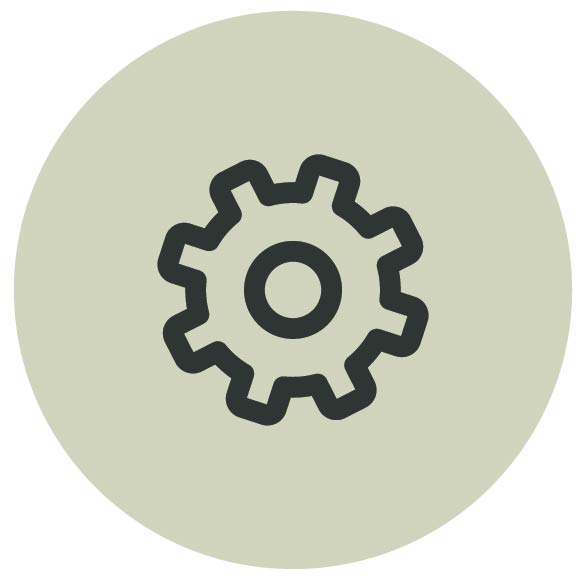 COPD is the second most common lung disease in the UK, after asthma
COPD is the second most common lung disease in the UK, after asthma 215 million cases of COPD globally in 2016
215 million cases of COPD globally in 2016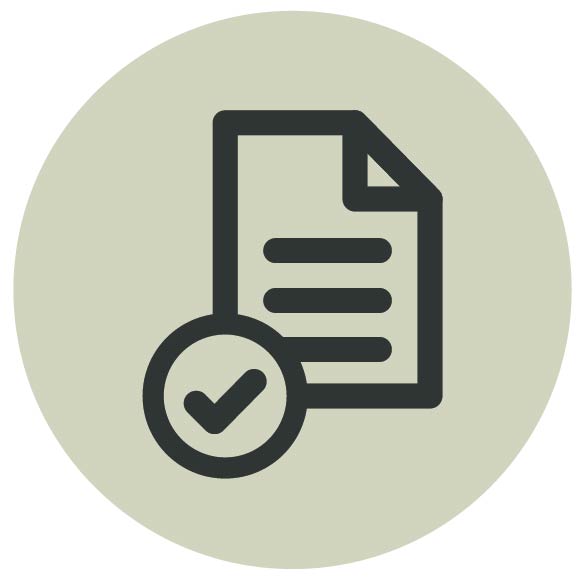 Third leading cause of death worldwide causing 3.23 million deaths in 2019
Third leading cause of death worldwide causing 3.23 million deaths in 2019 People over the age of 40 are the largest age group living with a COPD diagnosis
People over the age of 40 are the largest age group living with a COPD diagnosis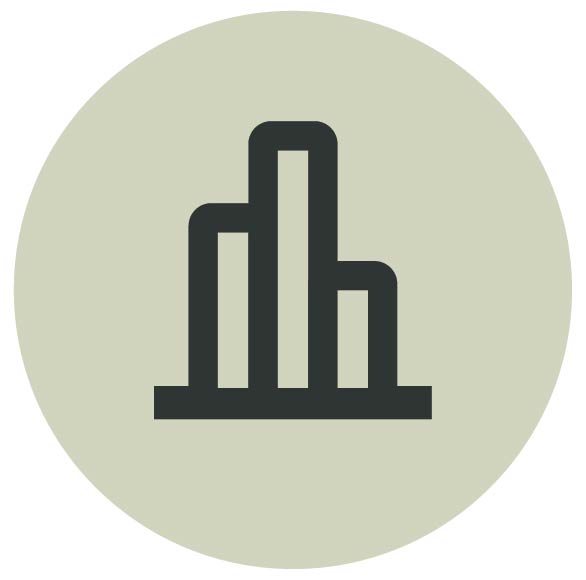 Important risk factors for COPD include tobacco smoke, indoor air pollution, and occupational dusts
Important risk factors for COPD include tobacco smoke, indoor air pollution, and occupational dusts
COPD is a common chronic lung disease which affects men and women worldwide. Abnormalities in the small airways of the lungs lead to limitation of airflow in and out of the lungs. COPD and asthma share common symptoms (cough, wheeze, and difficulty breathing) and people may have both conditions.
Common symptoms of COPD develop from mid-life onwards, including:
- breathlessness or difficulty breathing
- chronic cough, often with phlegm
- tiredness
- frequent chest infections
As COPD progresses, people find it more difficult to carry out their normal daily activities, often due to breathlessness. During flare-ups, people with COPD find their symptoms become much worse – they may need to receive extra treatment at home or be admitted to hospital for emergency care. Severe flare-ups can be life-threatening.
People with COPD might have other medical conditions such as heart disease, osteoporosis, musculoskeletal disorders, depression and anxiety.
Effects on and barriers faced in daily life
- concerns about job and employment prospects as a result of having COPD
- co-workers and supervisors who may not be aware of how COPD can impact a colleague
- increased breathlessness, particularly when active, and trouble walking or climbing stairs
- eating can be more difficult with breathlessness
- waking up at night due to difficulty breathing and chest pain which can mean feeling very tired and unfocused during the day
- requiring special equipment for health issues
- managing the stress and physical demands of commuting, carrying heavy books or papers, and sitting for hours at a desk or computer
Assistance and support you can offer
- Find out about COPD and its symptoms
- Be aware that using their voice can be tiring for people with breathing problems
- Avoid using products with heavy scents and harsh chemicals around the person with COPD
- Don't smoke anywhere near the person with COPD - second-hand smoke causes further lung damage and contributes to worsening COPD.
- Schedule breaks between meetings as much as possible for colleagues
- Break down potentially tiring tasks and spread the work over several days or several periods throughout the day
- Put things they may need to use the most at waist and shoulder level so they don’t have to bend down or reach up
Sources:
NHS https://www.nhs.uk/conditions/chronic-obstructive-pulmonary-disease-copd/
Very Well Health https://www.verywellhealth.com/
British Lung Foundation https://www.blf.org.uk/support-for-you/copd/what-is-copd
WHO https://www.who.int/news-room/fact-sheets/detail/chronic-obstructive-pulmonary-disease-(copd)
Look out for these Sunflower icons

I have accessibility needs Please ask me what they are I may need more time
I may need more time I cannot stand for long periods of time
I cannot stand for long periods of time
I may need a place to rest Stairs/ramps are a barrier to me
Stairs/ramps are a barrier to me
Is there an accessible route?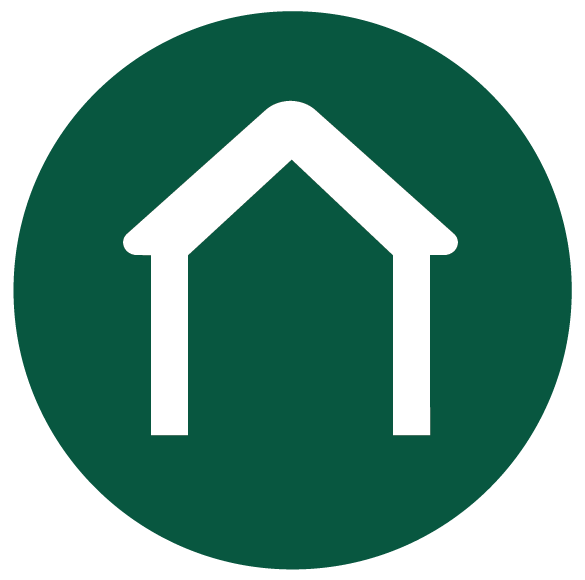 I need a quiet/safe place
I need a quiet/safe place
Is there a safe/quiet space I can use? I have a carer/personal assistant
I have a carer/personal assistant
They provide support and will need to accompany me
 I am sensitive to smell
I am sensitive to smell I have a hidden disability
I have a hidden disability
The content on this page is provided solely for information purposes and provides an overview of the subject matter covered. It is not a substitute for professional medical advice, diagnosis or treatment. If you think you have COPD, please seek further information. The information on this page is subject to change without notice.
The content on this page has been kindly reviewed by Asthma + Lung UK - November, 2022.
For further information, please visit https://www.asthmaandlung.org.uk/ further information.





